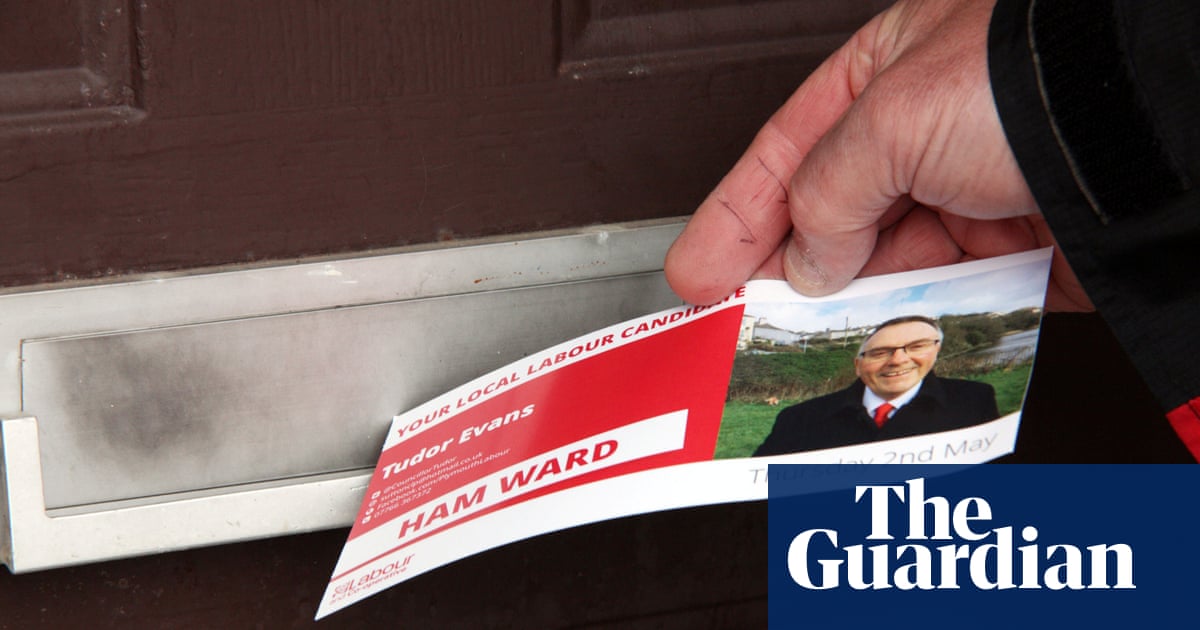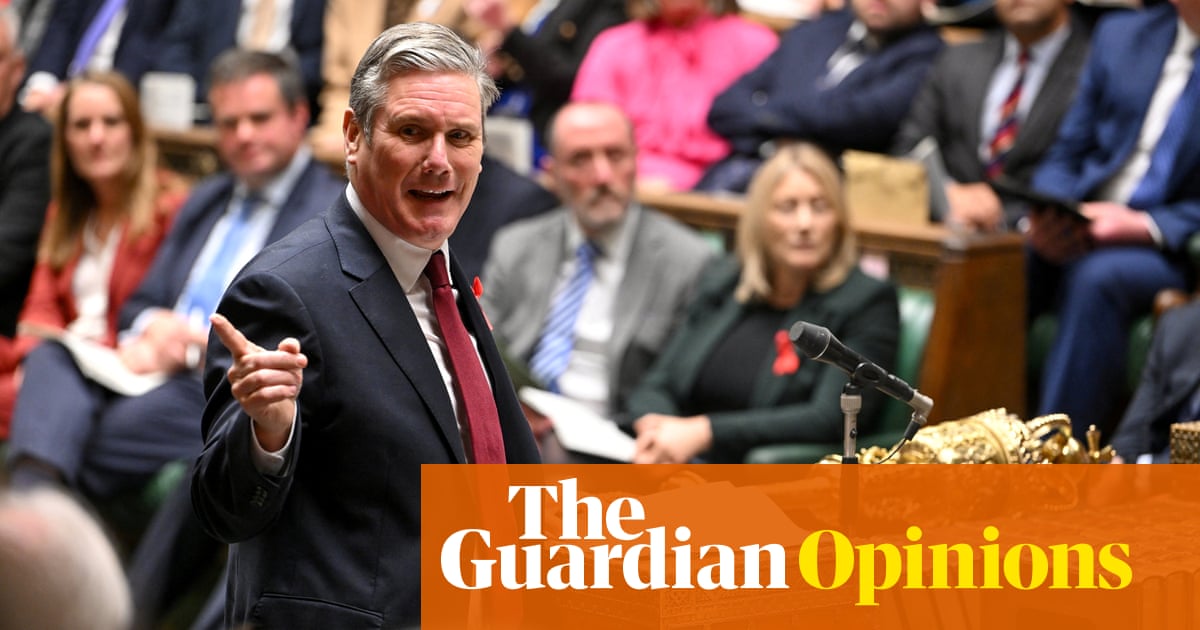
Keir Starmer has blamed the fuel crisis on Boris Johnson’s “whack-a-mole” approach to running the country, urging him to plan ahead or risk staff shortages in a string of other industries in the coming months.
Ministers have suspended competition law in the energy sector and called in the army in recent days as they scramble to alleviate the shortages on forecourts caused by a lack of HGV drivers.
Other sectors including social care, hospitality and food production have also highlighted difficulties in finding staff as a result of Brexit and the Covid pandemic, and the CBI said this month the problems could persist for up to two years.
Starmer said: “The government at the moment is playing whack-a-mole: it’s trying to whack down one problem and another one pops up somewhere else. And that is a pathetic, lamentable lack of planning.”
He said a Labour government would “plan across the board with the different sectors”.
Starmer’s party voted for Johnson’s Brexit deal last Christmas, saying it did not want to risk a no-deal exit, but the Labour leader has accused the prime minister of failing to “make Brexit work”.
Labour believes the spectacle of empty shelves and shuttered petrol stations sends voters a powerful message about the government’s incompetence, though some of Starmer’s colleagues felt he failed to intervene forcefully enough last weekend when the crisis was raging.
Back in London after delivering a party conference speech that ridiculed Johnson as “a trivial man”, Starmer said he believed the prime minister’s appeal was “wearing a bit thin” with voters.
“People know the difference between a slogan and actually getting things done, and what they’re not seeing is him getting things done,” he said. “They see a government that simply can’t govern and can’t plan, and of course that’s going to wear thin.
“You’ve got that collection of failures, whether it’s energy, fuel, empty shelves, people can’t get to work because they haven’t got the petrol, people aren’t doing the journeys that they need to do.”
Starmer said he believed his 90-minute conference speech, which pressed home the themes of “work, care, inequality, security”, had helped to address critics’ claims that he lacks political pizzazz.
“People did say the delivery was pretty good, so let me cast off some of the characteristics that are always piled on me,” he said.
Asked if he was deliberately unshowy, in contrast to Johnson whom he called “a showman with nothing left to show,” Starmer said: “I’d like to think I put on a pretty good show yesterday.”
However, he conceded that he hoped his serious approach contrasted with Johnson’s. “In the end, I think people want a degree of seriousness about the problems that we confront,” he said.
Labour’s internal divisions were on display this week, not least during Starmer’s speech when he was heckled repeatedly by a small number of party members.
Despite accusations of abandoning the radical prospectus on which he won the leadership, Starmer insisted Labour was setting out radical policies that should give activists from across the party “something to get behind”.
He cited plans to put first-time buyers at the front of the queue for new-build homes; to ensure workers are granted full employment rights from day one; and the shadow chancellor Rachel Reeves’s £28bn-a-year climate fund.
“If people who want to change our country for the better want something to get behind, we have put a bold set of policy proposals on the table on housing, employment, education and climate,” he said. “I would invite everybody to say ‘there is now something we could do’.”
Starmer has pushed through a series of changes to Labour’s governance rules that he and his team hope will allow Labour MPs to focus more on the concerns of voters and less on disgruntled grassroots members. But it sparked a backlash, including from the Corbynite campaign group Momentum.












